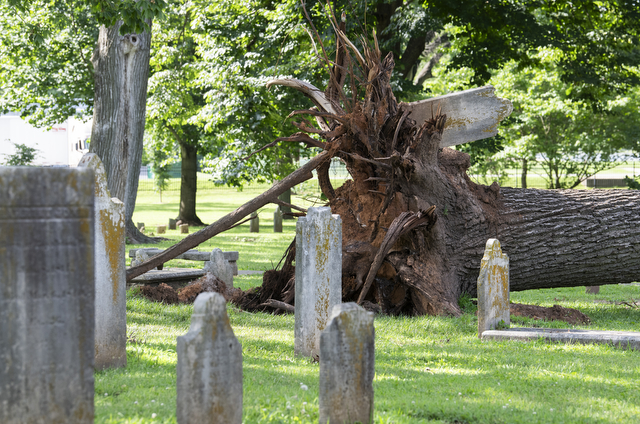Business owners say taxes on services will hurt ‘the little guy’
Published 6:15 pm Friday, April 13, 2018
They’re not marching on Frankfort, but local small business owners from dry cleaners to dog groomers to bowling alleys aren’t happy with the solution lawmakers have come up with to fund state government.
The Republican-controlled General Assembly, pressured by marching educators and other state employees worried about funding for pensions and schools, passed a bill last week that levies a 6 percent tax on myriad services.
Projected to raise some $480 million per year, the taxes were promptly vetoed by Gov. Matt Bevin; but those who make their living providing the very services that are taxed under the plan are still worried about the consequences now that both the House and Senate have overridden that veto.
“We’re already hurting,” said Lori Young, owner of Bowling Green’s A Cut Above Pet Salon. “If we have to add this new tax it’s going to be very hard. It might put me and my husband out of business. He’s a mechanic with his own shop.
“It’s hard to grasp that we’re paying more but big corporations are getting tax cuts. The little guys are always getting the brunt of the taxes.”
Dina Meyers, owner of a janitorial cleaning service called CliniClean in Glasgow, said the tax bills will mean price increases for her customers. “The side effect of that is we are going to lose business because of it,” she said.
Business owners like Young and Meyers have support from Kentucky Secretary of State Alison Lundergan Grimes, a Democrat who has been speaking out against a tax bill that she says will heap more expense on consumers.
“In an attempt to balance the budget, Republicans in the legislature are trying to raise taxes on 95 percent of Kentuckians,” Grimes said in a news release. “Their tax bill, written in secret and without input from small businesses and other important voices, will effectively make Main Street and hardworking Kentuckians shoulder the largest tax burden. It’s not only bad policy, but bad government.”
In several stops around the state, Grimes is encouraging the legislature to revisit tax reform, advocating legalizing medical marijuana and expanding gaming as alternative ways to raise revenue.
One business owner facing an impact from the tax bill, veterinarian Vicky McGrath of Bowling Green’s All Creatures Animal Hospital, fears that she will have to pass along the cost of the tax to customers not in position to afford it.
“Many people who use our services are on fixed incomes,” McGrath said. “They have a strong bond with their pets and want to take care of them. Adding 6 percent to what they pay is significant.”
Likewise, the owner of Bowling Green’s Look Sharp Dry Cleaners is concerned his customers are going to be taken to the cleaners by the tax bill.
“More tax is never a good thing,” Trae Hill said. “A lot of us didn’t see this coming. But that’s how government responds to problems – throw more money at it and hope it’ll go away.”
Hill said the taxes on services will have a direct effect on consumers and an indirect impact on businesses.
“There may be additional expense for bookkeeping and tax services,” Hill said. “Most businesses run off some sort of software system that tracks taxes. They might have to pay for additional software now.”
The impact on businesses in a competitive environment could go beyond a few cost increases, according to Hill.
“Some businesses may decide to keep their prices the same or lower them to compensate for the new tax,” he said, meaning those businesses will simply be lowering their profit margins.
Dry cleaners and veterinarians may have customers who will continue coming to them despite small price increases. That may not be the case for entertainment companies that are also subject to the tax on services.
“I would think it could have a significant impact,” said Jason Kuykendall, co-owner of Ralphie’s Fun Center in Glasgow. “We will have to pass on the cost to the consumer to compensate for the tax.
“I don’t think it would price people out of bowling or the other activities we have, but it will be an additional burden on business owners.”
Kuykendall isn’t opposed to finding ways to pay for pensions, schools and other needed services, but he isn’t sure the tax on services such as bowling is the best way to do it.
“The money has to come from somewhere,” he said. “But I would like to see them go a different route.”






